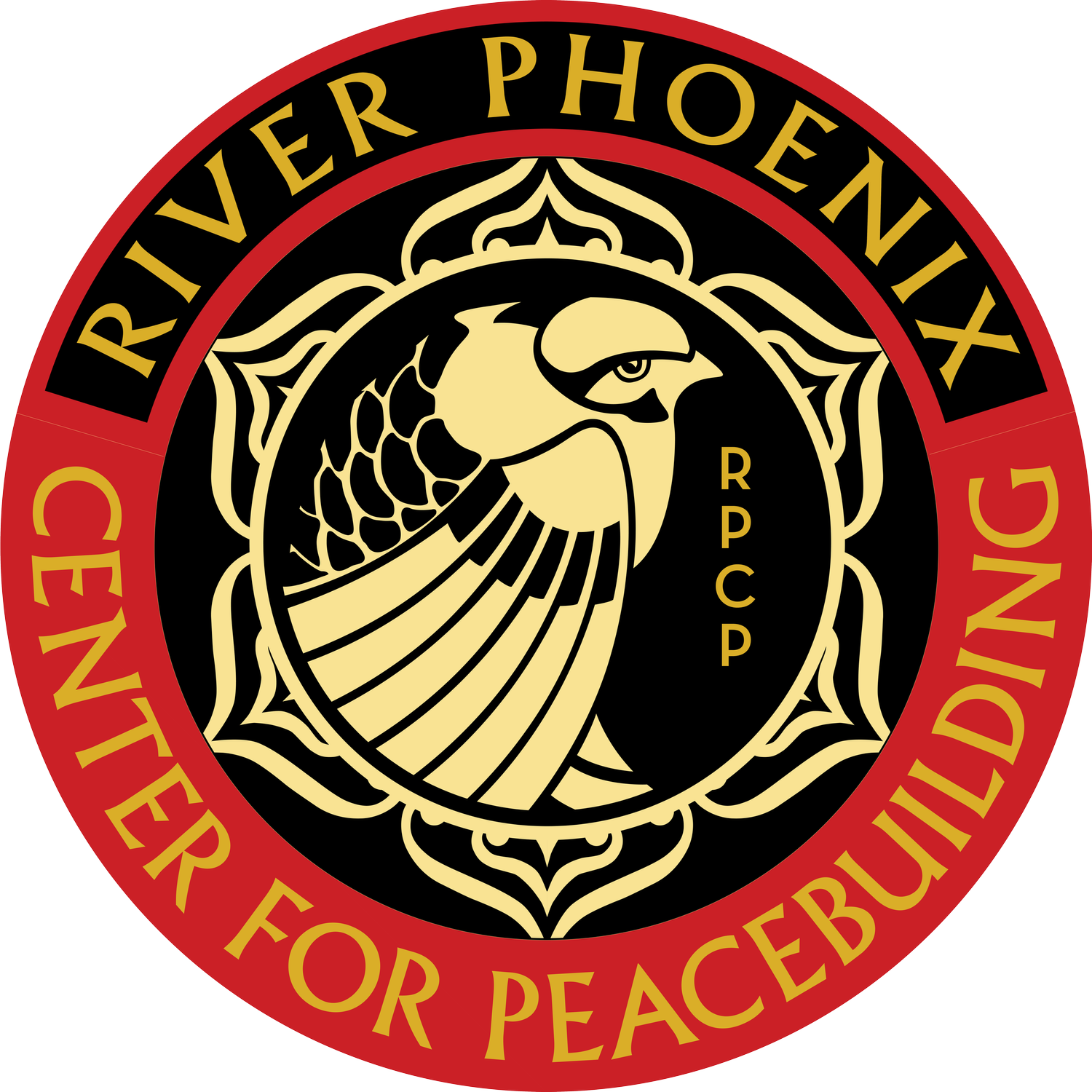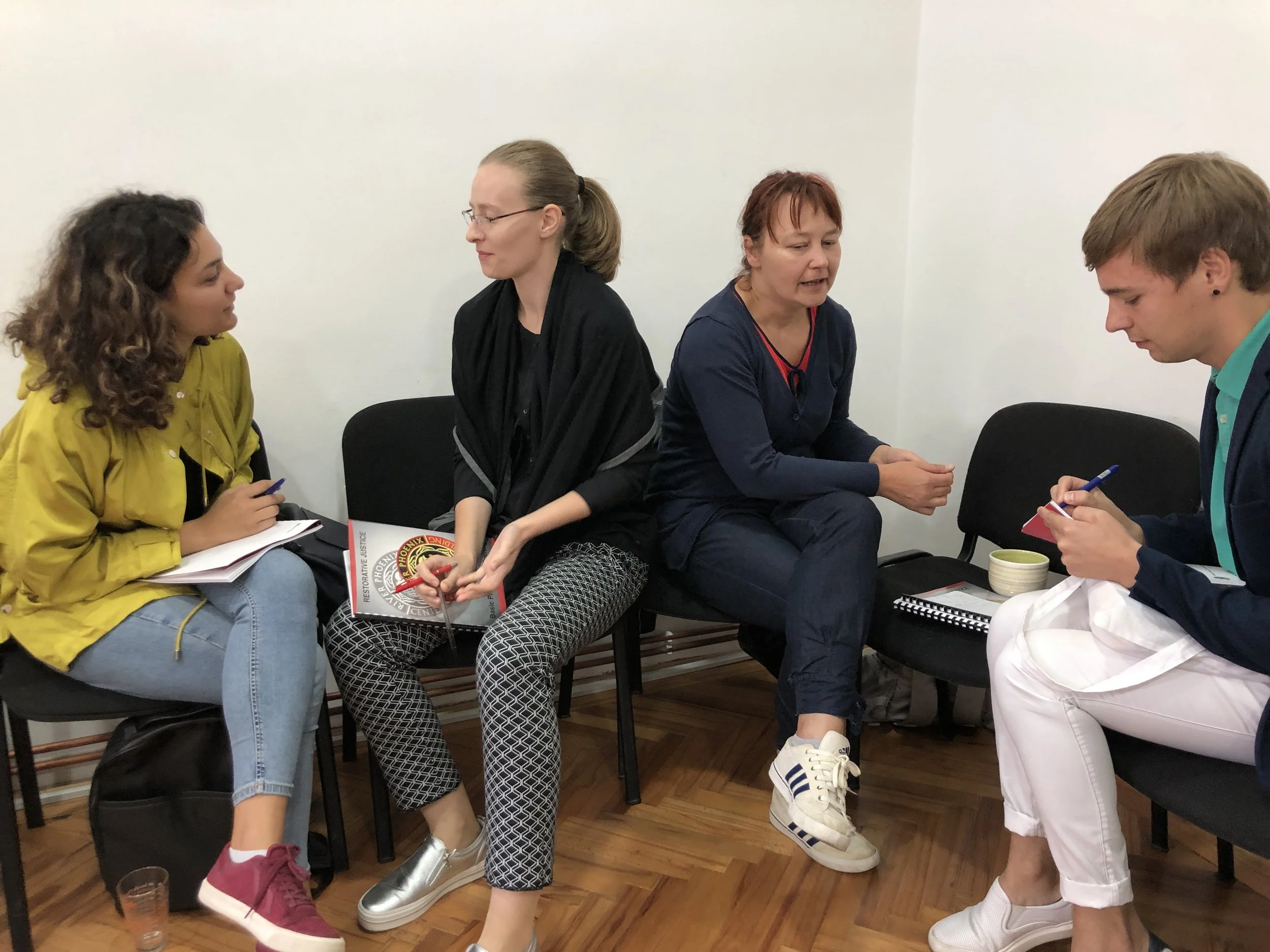The Need
Community conflict continues to drive animosity, polarization, and violence that we can see in our neighborhoods, workplaces, schools, families, and relationships. Currently, when a local conflict occurs, the options for recourse are predominantly limited to those offered by the civil and criminal justice system which may be difficult, expensive, time-consuming, and disempowering, and lack the ability to offer a response that addresses the conflict in a holistic, human-centered way. Furthermore, conflicts that are personal in nature are often neglected by these approaches altogether and left entirely unaddressed.
While conflict happens,
our response is up to us.
The Conflict Solution Hub is a new, innovative way of providing the tools, resources, strategies, and spaces necessary to address conflict comprehensively and appropriately.
-
Mission Statement:
Our aim at the Conflict Solution Hub is straightforward: to resolve conflicts. We achieve this by providing the wider Gainesville community with collaborative, effective, and accessible conflict resolution services.
Vision Statement:
We see a safe, equitable, and just world in which individuals and communities are empowered and equipped to transform conflict and repair harm to foster healthy relationships.
-
Courage:
Any conflict resolution process necessitates a high level of bravery on the part of the participants. When someone is experiencing conflict, it takes courage to confront it head on. Participants may gain new understanding and solutions through their willingness to engage, whether as someone who has experienced harm or as someone who has caused harm.
Caring:
At the most basic level, these voluntary processes require that participants care enough about the situation that they are willing to work to make it better. Authentic care and concern for others is at the heart of all meaningful relationships and supports the often difficult work of conflict resolution.
Curiosity:
A prime feature of conflict is that each "side" takes a position of right and wrong leading to greater polarization. Having curiosity about the other person's interests, needs and desires helps us to suspend judgments and listen with the intention of understanding that opens up new pathways of constructive problem solving.
Collaboration:
While collaboration may seem impossible while in the midst of conflict, it is the very thing that has transformed countless seemingly intractable issues into brilliant outcomes that served a multitude of interests and needs. Collaboration is the ability to consider the needs and ideas of others to create solutions that work for all involved.
Connection:
The need for meaningful connection is foundational for all people. When a conflict occurs, often times that connection is broken or disrupted leading to increased stress, isolation, anger and fear. Though difficult, conflict resolution may be an opportunity to rebuild those relationships or even foster new connections altogether.
-
The Conflict Solution Hub is available and accessible to ALL community residents. We feel strongly that cost should never be a prohibitive factor which prevents certain members of our community from seeking support for a conflict or difficult situation. For this reason, CSH programs are offered on a sliding scale basis of $0 - $150 per hour based on ability to pay. *
Restorative Justice Circles
Restorative justice is a process to repair harm, hold responsible parties accountable, and promote understanding and healing. In this voluntary process, both impacted and responsible parties as well as other supporters and community members engage in a facilitated, safe conversation to discuss what happened, who has been impacted and how, what could make the situation better, and how the incident could be prevented in the future. Restorative justice circles are not designed to focus on guilt or punishment so they require that people responsible for the harm admit their involvement in the incident. Restorative agreements are developed collaboratively and require unanimous consent.Community Mediation
Mediation is a voluntary, confidential, and collaborative mode of resolving interpersonal, organizational, and community conflict. Participants in mediation engage in a facilitated conversation about the conflict and collaboratively develop an agreement that hopefully meets everyone’s needs. Unlike litigation, the outcome of a mediation is completely determined by those involved in the conflict. Mediation involves the negotiation of a settlement related to a dispute or unfulfilled responsibility. It is most often used in conflicts that involve a disagreement about how to proceed, what is needed, and who is responsible. These situations can include a wide variety of conflicts including family, school, neighbor/property, workplace, congregational, some civil or criminal matters, and more. History demonstrates that solutions agreed upon by the parties are sustainable in most cases.
Solution-Focused Conflict Coaching
Unlike mediation or restorative justice, conflict coaching involves a meeting between a coach and only one party in a conflict (or a group of people on one side of a conflict). The participant and coach engage in a private, confidential conversation to discuss the conflict and develop strategies to empower the participant to engage in the conflict and constructively discuss it on their own. In these conversations, the coach guides the participant through a comprehensive process that involves personal reflection, perspective-taking, discovering new insights about the conflict and what might be needed, and exploring possible avenues for resolution. These sessions are solution-focused and designed to bring new skills, clarity, and hope for the future to participants.
*Note: The cost to us is $75 per hour to provide these services to the community, so we greatly appreciate those who can contribute on a sliding scale basis of $75-$150 per hour. We especially appreciate those able to contribute on a higher scale allowing us to offer services to those who could otherwise not afford this service.
For more information contact us at info@centerforpeacebuilding.org.
To schedule an appointment contact us at HUB Contact Form
Neighbors Helping Neighbors
Please donate to support our Conflict Solution Hub



